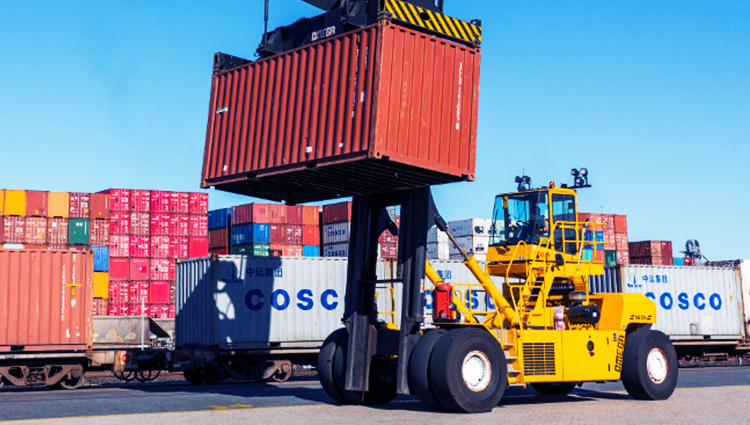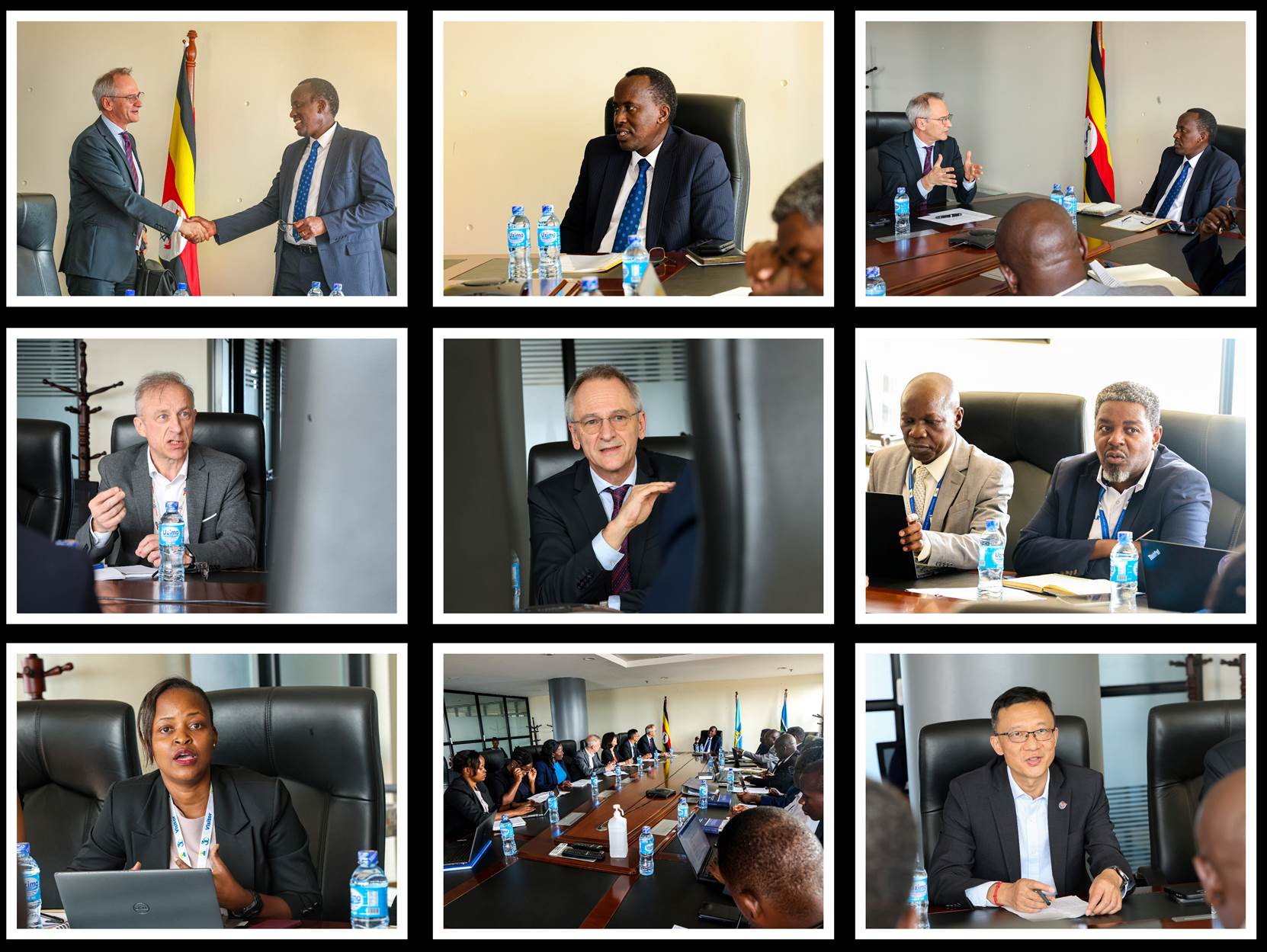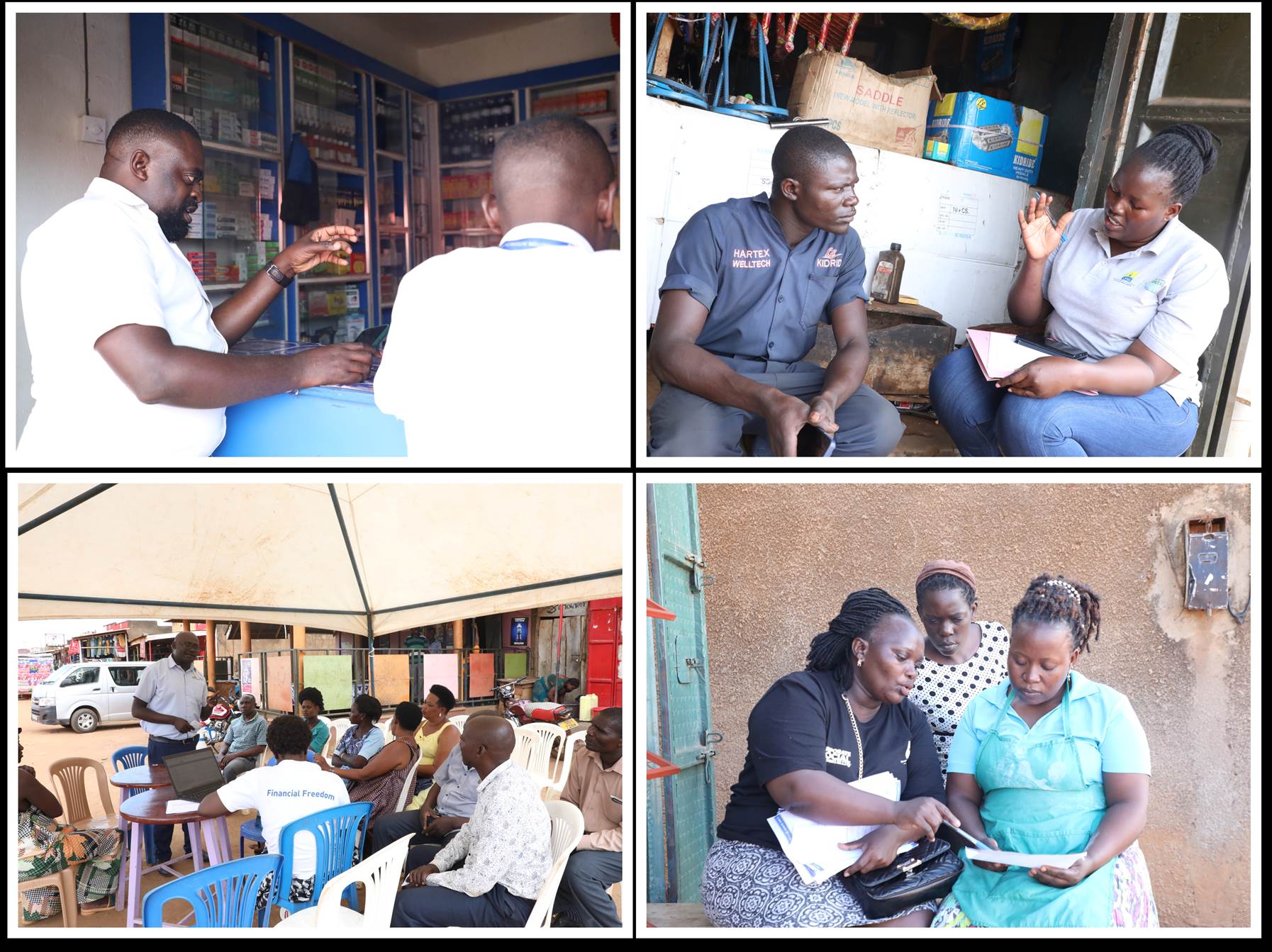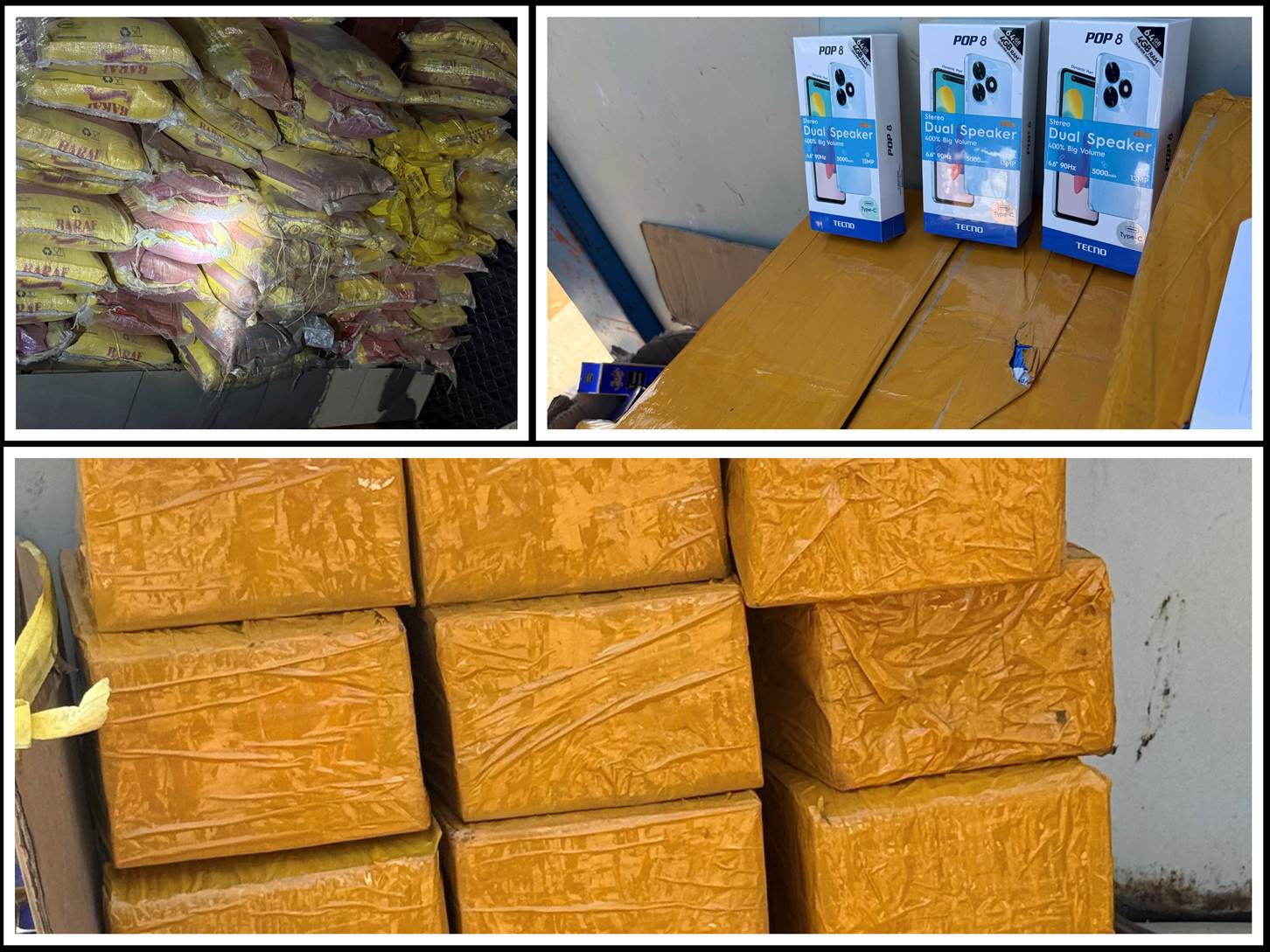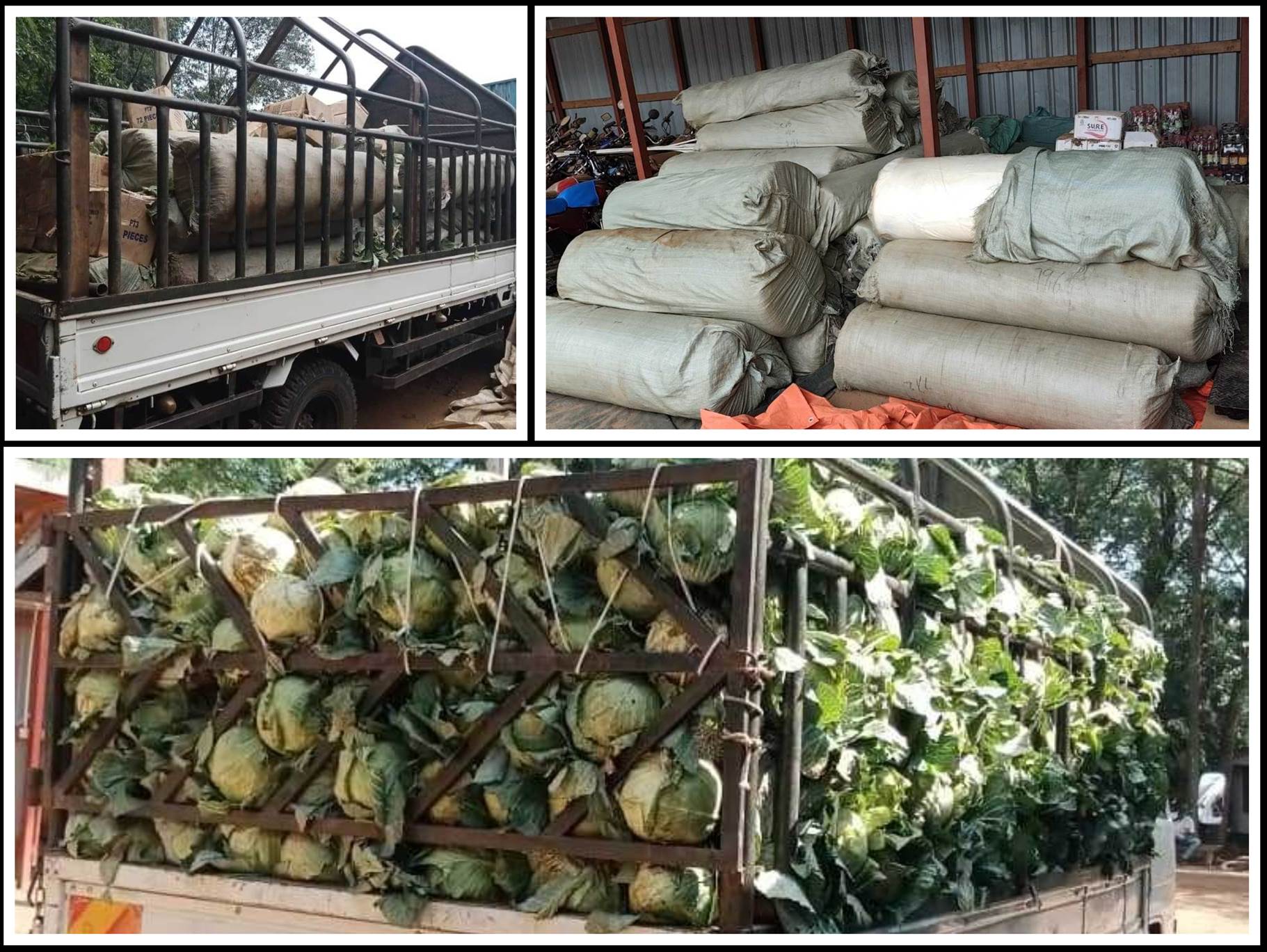By Alfred Okoya and Akinyi Winiefred
In the business of importation, clearing agents are important and their services are indispensable to importers due to the intricate and rigorous nature of customs procedures, regulations and commodity coding.
Engaging a clearing agent as a representative not only saves time but also mitigates costs associated with fines that follow inadvertent violations. Large importers may opt to establish in-house clearing units, employing qualified individuals to manage customs transactions.
When engaging a clearing agent, importers are advised to conduct due diligence to ensure the agent is duly authorized and licensed.
Genuine clearing agents hold valid License certificates from URA, maintain transparency regarding their licenses and are granted access to the customs system under their company’s registered name.
A license signifies the authorization bestowed upon an individual or entity by a competent authority, granting permission to engage in activities that would otherwise be deemed unlawful or unauthorized.
Under Section 145 of the East African Community Customs Management Act (EACCMA) 2004, as amended, the Commissioner of Customs is vested with the authority, to license and regulate the operations of clearing agents involved in customs transactions pertaining to the declaration and clearance of goods or baggage, excluding non-manifested personal baggage of travelers by air, land, or sea.
Once licensed, a clearing agent assumes the mantle of authority to act on behalf of the owner of goods as stipulated in Section 146 of the EACCMA.
According to Ibrahim Bbossa the Assistant Commissioner of Public and Corporate Affairs at URA, appointment and authorization of agents is facilitated through a system-based process, accessible via the owner’s TIN account on the URA Portal.
Functions undertaken by the clearing agent encompass a spectrum of activities. These include; making declarations, participating in physical examinations of goods and representing the owner before Customs officials.
These powers, however, are accompanied by corresponding responsibilities and personal obligations to the clearing agent. While the principal remains personally liable for duties and compliance with laws, the clearing agent also bears liability for assessed duties under Sections 147 and 148 of the EACCMA.
URA’s efforts to streamline the sector
Inorder to enhance efficiency in the operations of clearing agents, URA has embarked on a systematic journey to professionalize the sector through a series of initiatives.
Among these initiatives is the full automation of customs declarations, a strategic move ensuring transparency and accountability through the issuance of email notifications upon declaration submission.
Bbossa explains that all clearing agents are mandated to undergo rigorous training programs in clearing and forwarding before gaining access to the customs system. This measure, he says, is aimed at bolstering proficiency and professionalism while simultaneously mitigating errors that often result in penalties for importers or exporters.
Additionally, URA, in collaboration with the National Curriculum Implementation Committee (NCIC) Uganda introduced the Continuing Professional Development (CPD) Program for the Customs Clearing and Freight Forwarding (CC&FF) industry. This innovative program seeks to sustain professionalism, elevate industry standards and safeguard consumer interests by fostering ongoing competence and expertise among industry practitioners.
To enforce compliance with customs laws and procedures, URA implements stringent performance indicators for licensed agents. These indicators serve as benchmarks, measuring adherence to established standards, including clearance turnaround time, accuracy of declarations, and instances of offenses committed during the clearance process.


